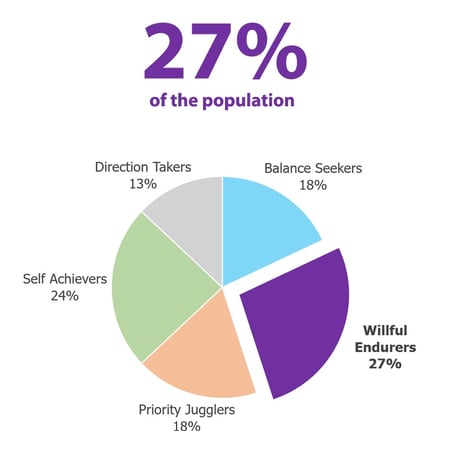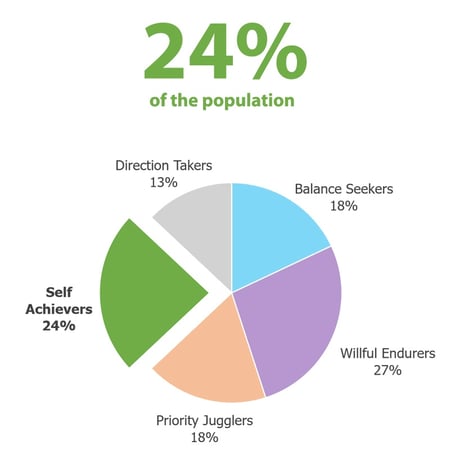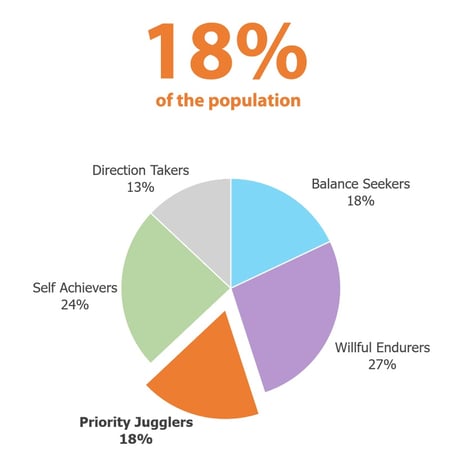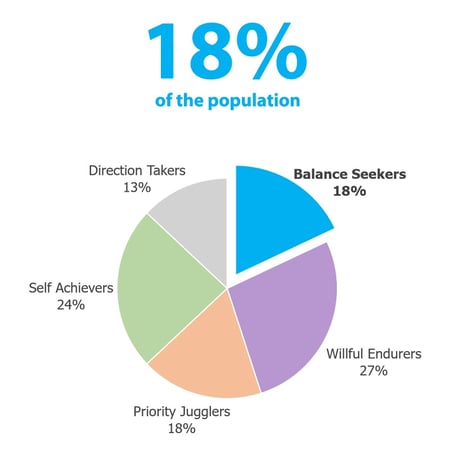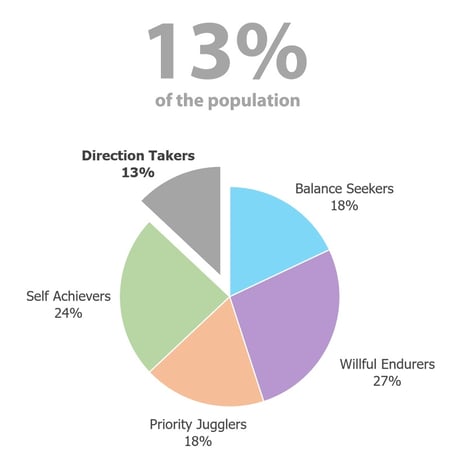Self Achievers are the most proactive when it comes to their wellness, investing what is necessary toward their health and appearance.
Self Achievers may actually have health issues, but they stay on top of them with regular medical check-ups, health screenings, and research. They are task oriented, and will tackle a challenge if they are given measurable goals.
